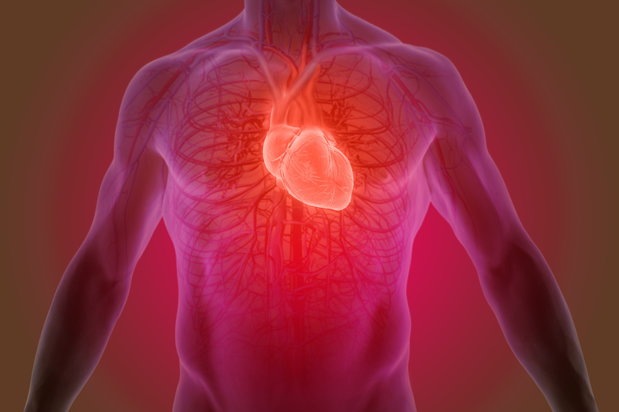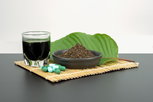Although MDMA use lags behind other substances like alcohol and marijuana, it's one of the main drugs used among young adults engaging in the clubbing scene. In fact, research shows that up to 20 percent of people who reported clubbing more than 4 times in the past year engaged in MDMA use.
MDMA is associated with numerous physical and emotional health risks. Research now shows that MDMA use may increase the odds of valvular heart disease.
Here's what you need to know about the increased risk of valvular heart disease from using MDMA.
What Makes MDMA Dangerous?
MDMA is a synthetic substance that is a derivative of amphetamine. First synthesized in 1912, it has been available for purchase on the streets since the 1980s.
It's popular at late-night parties, raves, nightclubs, and concerts. Today, MDMA is often known as ecstasy or Molly.
MDMA contains both stimulant and hallucinogenic properties. When used, it creates a euphoric effect, and it can also distort one's perceptions and sensory experiences.
The effects tend to peak within 15-30 minutes after taking the substance, but the overall high can last anywhere from 3-6 hours. Side effects can occur for up to two days after the most recent dose.
Most people take MDMA in a tablet or capsule form, although it can be also smoked or snorted.
However, it is not uncommon for drug dealers to lace MDMA with other substances including ketamine, dextromethorphan, heroin, cocaine, and methamphetamine.
MDMA has many initial side effects that may include:
- hyperthermia (increase in body temperature)
- dehydration
- hypertension
- muscle and joint tension
- appetite suppression
- electrolyte imbalance
- nausea
- hot flashes and chills
- headaches
- faintness
- seizures
- loss of consciousness
- kidney failure
Fatalities stemming from MDMA use are not uncommon. Usually, this is due to the combination of high stimulant effects combined with crowded club conditions (which can result in dehydration and hyperthermia).
MDMA impacts the brain and increases the activity level of serotonin, dopamine, and norepinephrine. The combination of these neurotransmitters is responsible for several emotional regulation tasks including:
- mood
- appetite
- energy
- activity in the reward system
- sleep
- pain sensitivity
- heart rate and blood pressure
Risk of Valvular Heart Disease
The release of these neurotransmitters creates the 'rush' people experience when taking the drug. However, as the brain releases large amounts of such feel-good chemicals, MDMA weakens how the brain produces these neurotransmitters.
Moreover, research shows that moderate to high doses of MDMA can damage the nerve cells containing serotonin. Emerging research now shows a significant relationship between serotonergic and dopaminergic substances and valvular heart disease.
A link between MDMA and valvular heart disease has now been found, according to a study published in Heart.
Valvular heart disease refers to damage or defects in one of the four heart valves. In particular, heart valves and their functions were found to be drastically altered by MDMA use. Symptoms brought on from damaged heart valves include chest pain, abnormal heart rate, and shortness of breath.
Such damage may also cause clotting, which can increase the risk of stroke or pulmonary embolism.
Final Thoughts
Substances like MDMA have inherent risks. Individuals and their loved ones must be aware of these potential adverse effects.
Help is available if you or someone you know is struggling with MDMA use. Reach out to a treatment professional today to start your road to recovery.
If you or someone you know is seeking help with addiction, please visit our directory of treatment centers or call 800-772-8219 to start the path to recovery today.








